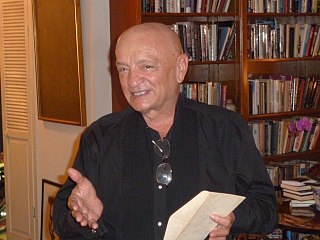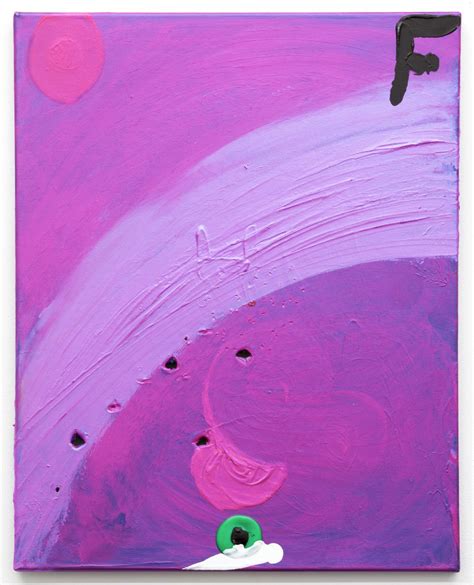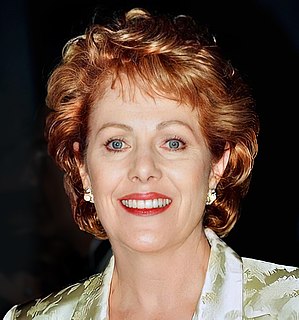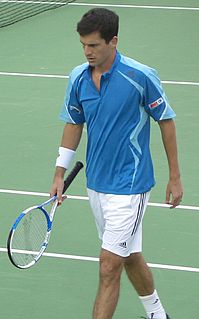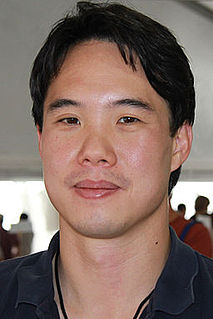A Quote by Jonathan Galassi
Editing is more by-the-hip. You look at a text and ask yourself how it can be improved.
Related Quotes
You must stop editing--or you'll never finish anything. Begin with a time-management decision that indicates when the editing is to be finished: the deadline from which you construct your revisionary agenda. Ask yourself, 'How much editing time is this project worth?' Then allow yourself that time. If it's a 1,000-word newspaper article, it's worth editing for an hour or two. Allow yourself no more. Do all the editing you want, but decide that the article will go out at the end of the allotted time, in the form it then possesses.
All three parts of filmmaking [writing, shooting, editing] contribute to rhytm. You want the script to be a tight as possible, you want the acting to be as efficient as possible on the set, and you have enough coverage to manipulate the rhythm in the editing room, and then in the editing room you want to find the quickest possible version, even if it's a leisurely paced film. I definitely in filmmaking more and more find writing and directing a means to harvest material for editing. It's all about editing.
I think I'm a reporter's editor. Being a good reporter is a specific skill, one I admire and don't possess myself - I appreciate people who know how to ask the right questions, who are excellent researchers, who know how to assemble information, and I enjoy working with them to shape their information into an article. Good reporters tend to be receptive to editing, and to a more collaborative form of writing in general, and you always end up learning more from how they work than you expect you will.
With Orff it is text, text, text - the music always subordinate. Not so with me. In 'Magnificat,' the text is important, but in some places I'm writing just music and not caring about text. Sometimes I'm using extremely complicated polyphony where the text is completely buried. So no, I am not another Orff, and I'm not primitive.
I think whether you are a judge on my court or whether you are a judge on a court of appeals or any court, and lawyers too - and if you're interested in law yourself, you'll be in the same situation - you have a text that isn't clear. If the text is clear, you follow the text. If the text isn't clear, you have to work out what it means. And that requires context.
You want to tell a story? Grow a heart. Grow two. Now, with the second heart, smash the first one into bits. Gross, right? A bloody pulpy liquid mess. Look at it, try to make sense of it. Realize you can't. Because there is no sense. Ask your computer to print out a list of every lie you have ever told. Ask yourself how much of the universe you have ever really seen. Look in the mirror. Are you sure you're you? Are you sure you didn't slip out of yourself in the middle of the night, and someone else slipped into you, without you or you or any of you even noticing?

